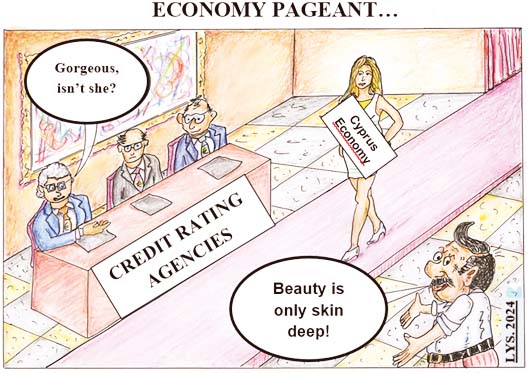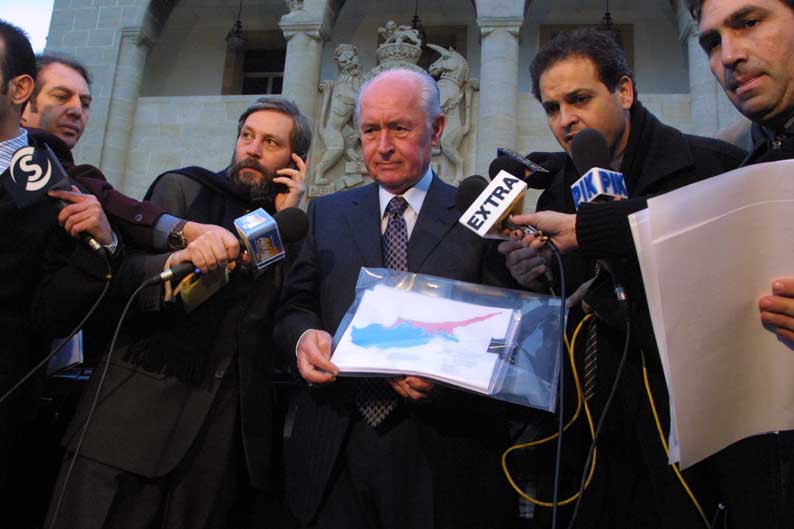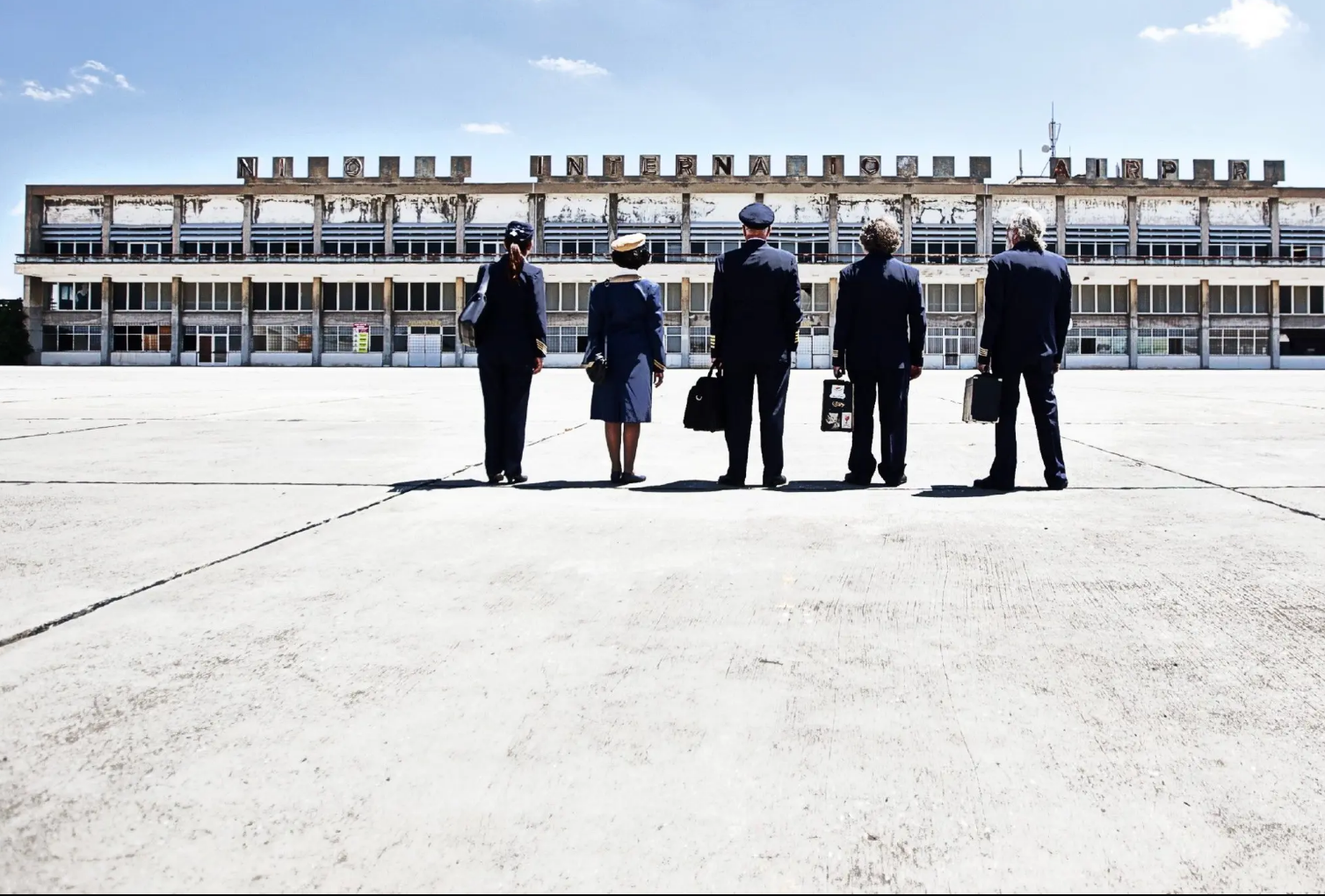The present state of the Cyprus economy
By Lysandros Lysandrou
During his first stint as prime minister (1955-1963) of Greece, Konstantinos Karamanlis (1907-1998) boasted in parliament that Greece was prospering. The then leader of the official opposition George Papandreou (1888-1968) aptly retorted: “The numbers indeed prosper, whereas the people suffer.”
This witty comment of Papandreou, the then grand old man of Greek politics, seems to be the case generally in all states and all times, and certainly particularly to present day Cyprus. Despite the recent (22/11/2024 and 06/12/2024) upgrades of the Cyprus economy, and the return of the credit rating of the Republic of Cyprus to investment grade A, for the first time since July 2011, by the credit rating agencies Moody’s and Fitch, the wages of the vast majority of workers in Cyprus have remained fixed all this time (2011–2024), although the prices of fuel, food, rent, loan interest rates, etc. continue to soar.
The upgrading of Cyprus is indeed a welcome development; however, the reality of the Cypriot economy for everyday people does not always reflect the shiny image projected by the global financial agencies.
The gap pointed out by the late George Papandreou between what the numbers on official documents indicate and what ordinary people really feel is not the only discrepancy that manifests itself in political issues throughout time worldwide. Another gap between reality and appearance is the incongruity between the actual positions of political parties and their embellished presentations.
In recent decades, this has developed as both a university discipline and a profession. Organisation of all categories – commercial, philanthropic, trade union, political, governmental and so on have always had spokespersons – communicators who presented the organisation and its products, services, policies etc. In short, ‘spokesperson ship’ has been elevated to a new science, and spokespersons have been given the very appropriate novel name ‘spin doctors’.
In recent decades, the ancient art known as ‘public relations’ (PR) has been elevated to the prestigious status of a novel academic discipline – ‘communication science’. Nowadays, the most successful graduates of this new genre of communication are employed as spokespersons of organisations of all categories – commercial, professional, charitable, trade union, political, governmental, etc. Skilled PR is all about managing the spread of information from an organisation to the public. PR professionals work to project the image of their organisations in the best possible light by crafting press releases, organising events, managing social media and handling crisis communications.
The phrase ‘spin doctor’ dates back to the 1980s and has since been widely used by the English language media with a justifiably distinctly negative connotation for press representatives, especially (but not only) of governments and political parties. The perfectly valid justification for this novel term ‘spin doctor’ is that they usually spin fanciful yarns which aim to present to the public the best possible image of their organisations. Unfortunately, these tall tales often deviate significantly from the truth – thus justifying the term ‘spin doctor’. The sad observation that the gullible hoi polloi vote for image instead of substance is the raison d’être of spin doctoring!
The central paradox in Cyprus today is the stark disconnection between the official economic growth and the social realities faced by the population. The country’s improved credit rating is a testament to the improvements of its financial health, but this success has not been equitably shared. The economy may be thriving in terms of GDP growth and international reputation, but this has not translated into a higher quality of life for most Cypriots.
For many, the hope that the economy’s success would lead to tangible improvements in their everyday lives remains unfulfilled. The Cypriot economy may be a “beauty” in the eyes of credit rating agencies, but for most citizens, the reality is far less glamorous. The saying “Beauty is only skin deep” resonates here – what appears to be a recovery on the outside hides the deeper struggles faced by ordinary people.
Cyprus stands at a crossroads. The real question is whether Cyprus can manage to make its recovery more inclusive, ensuring that the benefits of improved credit ratings and financial stability reach all corners of society. Until then, the beauty of the Cyprus economy remains, for most Cypriots, skin deep.
Christmas is coming soon, but our pockets are empty.
Lysandros Lysandrou
Lysandros Lysandrou holds three master’s degrees in business administration, banking and finance and in public sector management. He is also an author of bilingual (English & Cypriot Greek) books.







Click here to change your cookie preferences